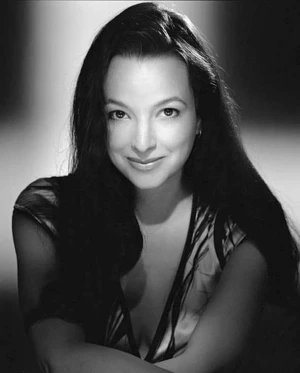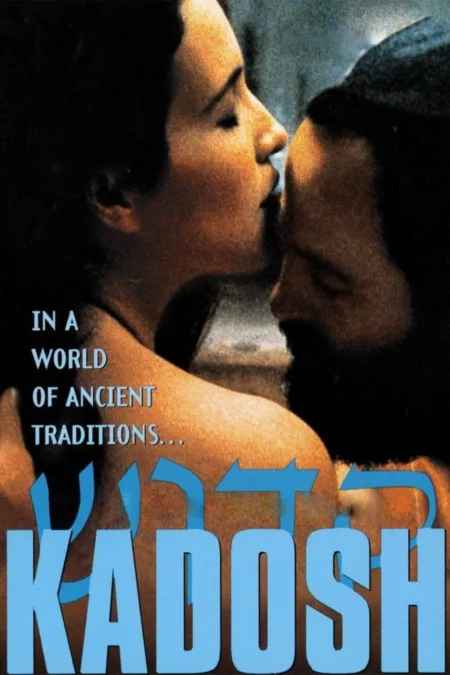Biography
(No Information)
Filmography
all 3
Movies 2
TV Shows 1
self 1
Writer 1
Information
Known ForWriting
GenderFemale
Birthday1969-01-27 (56 years old)
Birth NameÉliette Rivka Tamar Abécassis
Birth PlaceStrasbourg, France
FatherArmand Abécassis
CitizenshipsFrance
AwardsKnight of the National Order of Merit
This article uses material from Wikipedia.
Last updated:
Image credit: ABECASSIS_Eliette-24x30-2006.jpg: Studio Harcourt
derivative work: Materialscientist (talk), CC BY 3.0, via Wikimedia Commons
 Éliette Abécassis
Éliette Abécassis- Filmography
- Information


